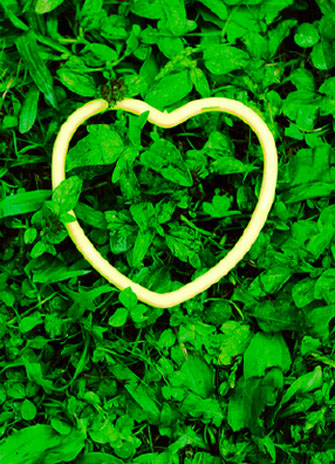Explore arts, environmental studies and social sciences based-research at a celebration highlighting Public Engagement for a Just and Sustainable World. The celebration is being co-hosted by four of York’s Faculties, in collaboration with the Office of the Vice-President Research & Innovation on Wednesday, April 16.
The event will highlight the research of six York scholars, on topics ranging from the past and future of sustainable development to engagement with the historiography of Plains First Nations and Canadian criminal law to the challenges and possibilities of engaging the public to address issues of social justice and equity as it pertains to youth in Toronto’s inner cities to Canada’s history of oil pipeline spills, to Knowledge Mobilization in a Tropical Biological Corridor and more.
“The Public Engagement for a Just and Sustainable World research celebration highlights the diversity of research programming at York that informs and addresses a range of challenges in urban environments, including infrastructure, educational engagement, planning, land use, and more,” said Robert Haché, vice-president research & innovation. “York has a broad and diverse community of researchers interested in sustainability. It is important for us to continue to support the growth and development of initiatives to enable the recognition of York University as a Canadian leader in sustainability research. ”
The celebration will take place from 2 to 4pm in the Scott Library Atrium. The event will feature mini-research byte presentations followed by Q&As from the audience. All York students, staff and faculty are welcome to attend.
Featured presenters will include: School of Social Work Pofessor and Graduate Program Director Uzo Anucha, Faculty of Liberal Arts & Professional Studies (LA&PS); Shelley Gavigan, professor, Osgoode Hall Law School; Sean Kheraj, professor, Department of History, LA&PS; Felipe Montoya-Greenheck, professor, Faculty of Environmental Studies (FES); Janine Marchessault, Canada Research Chair in Art, Digital Media and Globalization and professor, Department of Film, Faculty of Fine Arts; and Gerda Wekerle, professor, FES.
Janine Marchessault: Landslide: An Exhibition on Possible Futures

In her talk, Marchessault will engage with the site specific public art exhibition that took place at the Markham historical village in October 2013. The exhibition invited 30 national and international artists to consider the past and future of sustainable development. The most enlightened urban planners and designers have always been interested in public art’s capacity to communicate across diverse communities, to generate new insights, and to propose generative pathways. The cities of the 21st century need to address the most pressing tensions between ecology and economy; agriculture and development; and diversity and history, says Marchessault. The challenge is to move away from conventional top-down approaches, and instead incorporate participatory and inclusive processes in urban planning.
Shelley Gavigan: “Legal History and the Stories We Tell: Reflections on Research into Criminal Law on the Nineteenth Century Aboriginal Plains”

Gavigan will reflect upon her engagement with the historiography of Plains First Nations and Canadian criminal law and the theoretical and methodological foundations of her recent book, Hunger, Horses and Government Men: Criminal Law in the Aboriginal Plains, 1870-1905 (Vancouver: UBC Press; Toronto: Osgoode Society, 2012). She will also discuss unexpected sources that she how she hopes to incorporate into her ongoing research based on lower criminal court records, and the relationship between Canadian criminal law, early Indian Act legislation, and patriarchal relations in the North-West Territories in the nineteenth-century.
Uzo Anucha: How does it feel to be a problem? Youth in Toronto’s Inner Cities and the Violence of Place-Based Stigma

Youth in Toronto’s inner cities have been the focus of relentless negative public discourse that brands them as ‘problems’ and their communities as synonymous with youth-on-youth violence, poverty and lack of opportunity. How can community-engaged research with/about/for youth reframe and multiply this single narrative and why does it matter to do so? Drawing from lessons from the ACT for Youth project, Anucha will reflect on the challenges and possibilities of engaging the public to address issues of social justice and equity.
Sean Kheraj: An Environmental History of Oil Pipeline Spills in Canada

For more than a half-century, corporations have transported oil across Canada via pipelines. And those pipelines have spilled oil. These pipelines fueled postwar industrial expansion, but they also leaked, ruptured, and broke, causing millions of litres of oil to spill across land, waterways, and even a national park. In his lecture, Kheraj will explore Canada’s complicated history of oil pipeline spills.
Felipe Montoya-Greenheck: Knowledge Mobilization in a Tropical Biological Corridor

Montoya-Greenheck will talk about the Las Nubes Project that is part of the Faculty of Environmental Studies. Las Nubes is a rainforest that forms part of a biological corridor in Costa Rica. York University has a long-term relationship with local communities and stakeholders, along with a multi-pronged research, education and community engagement program to advance sustainable community livelihoods, well-being and environmental conservation.


